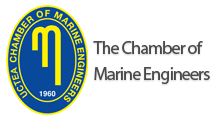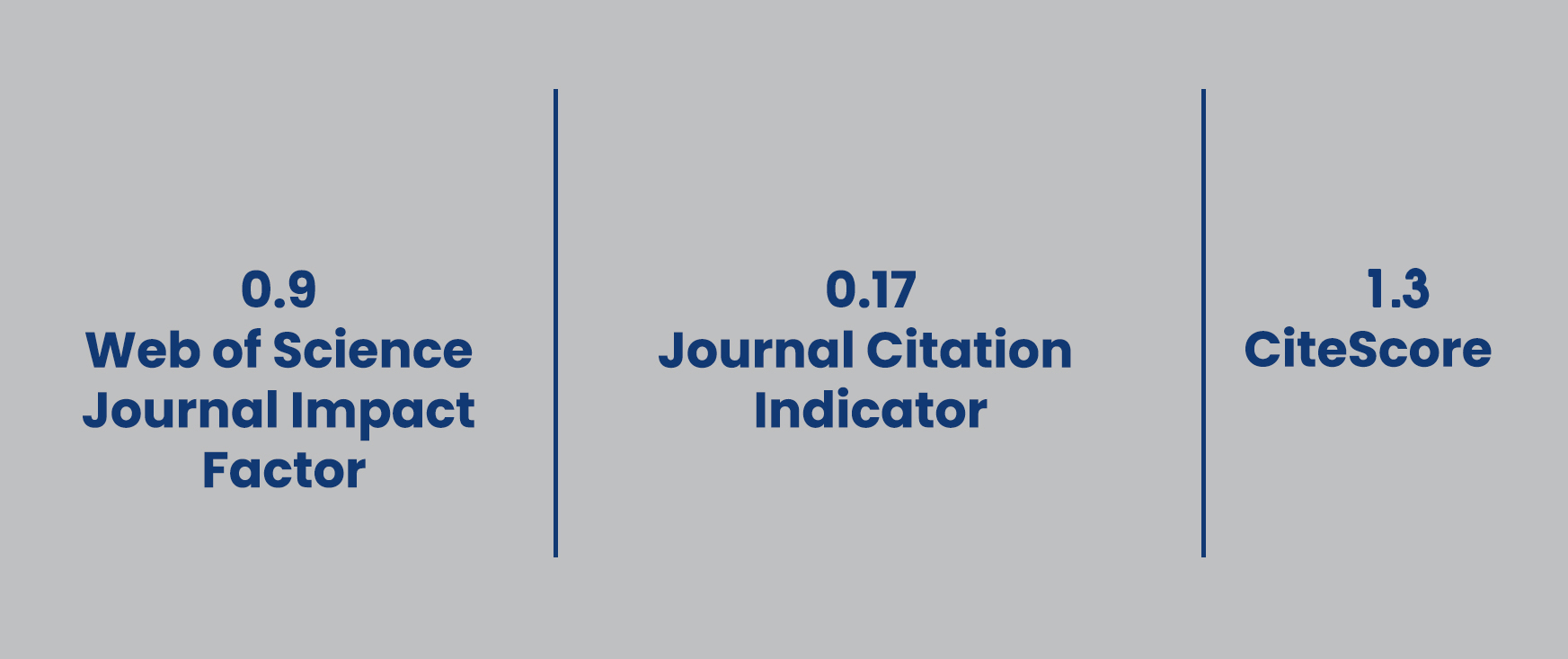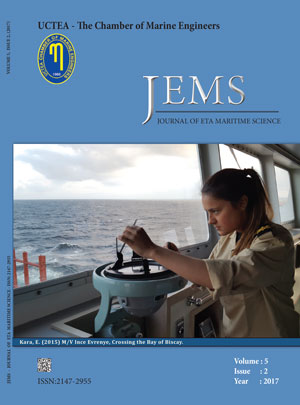

JEMS apply the Creative Commons Attribution NonCommercial 4.0 International Licence to all manuscripts to be published
ABSTRACTING & INDEXING
Volume: 5 Issue: 2 - 2017
| EDITORIAL (ED) | |
| 1. | Editorial Selçuk Nas doi: 10.5505/jems.2017.38243 Pages 110 - 111 Abstract | |
| FULL TEXT | |
| 2. | Journal of ETA Maritime Science (Volume: 5 Issue: 2, 2017) Pages 110 - 217 Abstract | |
| ORIGINAL RESEARCH (AR) | |
| 3. | Investigation of the Effects of Wear Between Piston Ring and Cylinder Liner of Internal Combustion Engines in case of Mixing of Fuel Oil into Lubricating Oil Ömer Savaş doi: 10.5505/jems.2017.93063 Pages 112 - 119 In this study, the effects of the fuel with lubrication oil mixture were investigated on the wear of the piston ring and cylinder liner in internal combustion engine. Lubrication oil type, wear distance, fuel type and ratio, load, engine speed and temperature parameters which are considered to have an effect on the wear loss are selected as three levels. Cylinder liner surface condition parameter is selected as two levels. Mass loss measurements were done by the difference in weights before and after tests. Taguchi statistical method was used in the analysis of the results. L187312 orthogonal series was selected. The results showed that mixing of fuel oil into the lubrication oil increased the mass loss by 45%. |
| 4. | Turkish Seaborne Trade and the Effects of the Strategic Developments in the International Energy and Transport Corridors: A Qualitative Research Barış Kuleyin, Ayşe Güldem Cerit doi: 10.5505/jems.2017.29290 Pages 120 - 138 The facts that strong economies require more energy production which in turn requires further energy resources increase the importance of the energy and transport corridors for energy policies. This increase makes it clear that sea transport has a strategic role in terms of transit passage and the port/terminal links of pipelines. Concerning all these interrelations, this exploratory research aims to explore and reveal the effects of the strategic developments focused on the international energy and transport corridors on the Turkish seaborne trade. To reach this particular aim, a through literature review was carried out concerning the international energy and transport corridors and international energy sector. This literature review was followed by certain content analysis regarding the effects of the developments in the above mentioned areas on Turkey in general and a Delphi research involving the effects of such developments on the Turkish seaborne trade in particular. The research was concluded with a discussion on the statements agreed during Delphi research process. The discussion created certain recommendations and revealed that Turkey can maintain and sustain her effectiveness on the international energy and transport corridors only and only through having a powerful and effective seaborne trade structure. |
| 5. | Assessment of the Importance of Competence Criteria for Persons Who Will Work as Electro-Technical Officer On Board Nebi Gedik doi: 10.5505/jems.2017.96158 Pages 140 - 152 With the development of technology and its reflection on the maritime industry, the importance of electro-technical officers who will work in the marine sector has increased. In line with this increasing importance, in this study, an order of the importance of effective competencies in the success of electro-technical officers who will work on ships is investigated in line with expert opinions. Firstly, the main competence criteria expected from the electric stewardship within the framework of the new STCW rule are identified and then an order of importance for competence criteria is put forward by referring to expert opinions. The relevance of the determined competence criteria to each other and importance ratings are determined by the fuzzy AHP method. According to the results, the most important factors in the success of those who will serve as the electro-technical officers are knowledge and the skills of maintenance and troubleshooting. |
| 6. | A Quantitative Case Study Regarding the Future of Turkey's Maritime Education Ünal Özdemir, Nur Jale Ece, Nebi Gedik doi: 10.5505/jems.2017.83703 Pages 154 - 170 In this study, it is aimed to conduct a quantitative research amongst academic members of higher education institution's (YÖK) maritime departments that gives education on bachelor's level. Academic staff who are working in the departments of maritime transportation and marine engineering are the main extent of this study. It is estimated that the problems regarding required competencies and qualifications of these maritime departments will become more crucial by the newly opened faculties and high schools. In this research, with the help of quantitative techniques, we tried to inspect the factors that are behind such problems and represented particular solutions. Factors that cause the main problem are gathered together. Significance levels and interrelations of such factors are analyzed with fuzzy AHP (fuzzy analytic hierarchy process) and fuzzy TOPSIS (fuzzy technique for order performance by similarity to ideal solution) is used for the determination of the solution recommendations. Concordantly, a model approach that combine both techniques are created. As a result of the study, main reasons behind the lack of academic staff numbers are found as; "low academic salaries", "high salary of sea workers", "insufficient number of academic positions that are declared by universities". In addition, best alternatives for the solution of these problems are discovered as; "encouragement and motivation for the academics as an occupation", "regulation of YÖK's competencies and qualifications for maritime departments in different categories", "special authorizations for maritime departments by university managements". |
| 7. | Analysis of the Relationship Between Variables Related to Paris Mou - PSC Inspections and the Results of Inspection Applied to Turkish Flagged Ships Fatih Yılmaz, Nur Jale Ece doi: 10.5505/jems.2017.20592 Pages 172 - 185 In this study, it is aimed to examine the relations between the inspection results and the age and type of ships, the season, type and location of inspections and the number of deficiencies detected at ships by the Port State Inspections (PSC) carried out onboard the Turkish flagged vessels for maritime and environmental safety within the scope of the Paris MOU, which the majority is formed by European countries. Frequency distribution of Turkish flagged vessels inspected in Paris MoU is given in the period between 2011 and 2016 and The Chi Square Test (χ2) is used to determine whether a relationship exists between non-parametric variables. Findings of this study are; in the period between 2011 and 2016, the rate of detention in all PSC inspections carried out in Paris MOU was around %3,0, while for Turkish flagged vessels it was %4,7. The inspection and detention cases were mostly experienced on ships of 13 years of age and over, and %91,7 of the PSC inspections where 5 or more deficiencies were detected resulted in a detention. It has been concluded that there is a statistically significant relationship between the inspection result and age of the ship; between the inspection result and number of deficiencies of the ships detected by PSC. |
| 8. | Flag Choice Behavior in the Turkish Merchant Fleet: A Model Proposal with Artificial Neural Network Approach Burak Köseoğlu, Ali Cemal Töz, Cenk Şakar doi: 10.5505/jems.2017.02997 Pages 186 - 200 Shipping companies have to take several strategic decisions about the vessels that perform transportation activities. The most important of these strategic decisions is Flag Choice. This decision given by the company is shaped under the light of external and internal factors. In this paper, initially, the factors which affect flag choice decision of shipping companies and ship owners who play an important role to handle Turkish merchant fleet are determined. Then, the relation and association status of the factors which have significant impacts on this decision are displayed with data mining application. Artificial Neural Networks (ANN) application is realized with the obtained outputs and a model is proposed for flag selection decision. It is expected that the results of the study provides certain outcomes and guidelines for related organizations dealing with shipping operations as well as suggestions for effective and efficient coordination among the relevant institutions. |
| 9. | Port Industry Related Relationship Marketing Applications Aylin Çalışkan, Soner Esmer doi: 10.5505/jems.2017.85856 Pages 202 - 215 The changing dynamics of the port industry such as intense competition, more homogeneous services, technological developments, and changes occurred in the needs, wants, and expectations of customers have been raising the pressure for differentiation on port businesses. In these circumstances to develop competitive advantage, the importance of relationship marketing shows up for port companies. Relationship marketing lies in adding the value that makes difference, especially when services and prices are similar among the competitors. In this exploratory research, the current relationship marketing (RM) applications of ports in Turkey were explored. Because the focal point of relationship marketing is to build strong relationships with special customer, the main question that is tried to be answered with this study is How ports develop and sustain relationships with special customers?. Open ended questions were asked to the 32 port marketing managers and answers were analyzed with content analysis. |
| ERRATUM (ER) | |
| 10. | Erratum to JEMS (Journal of ETA Maritime Science), Volume 5, Issue 1 (2017) Remzi Fışkın doi: 10.5505/jems.2017.25338 Page 216 Abstract | |










